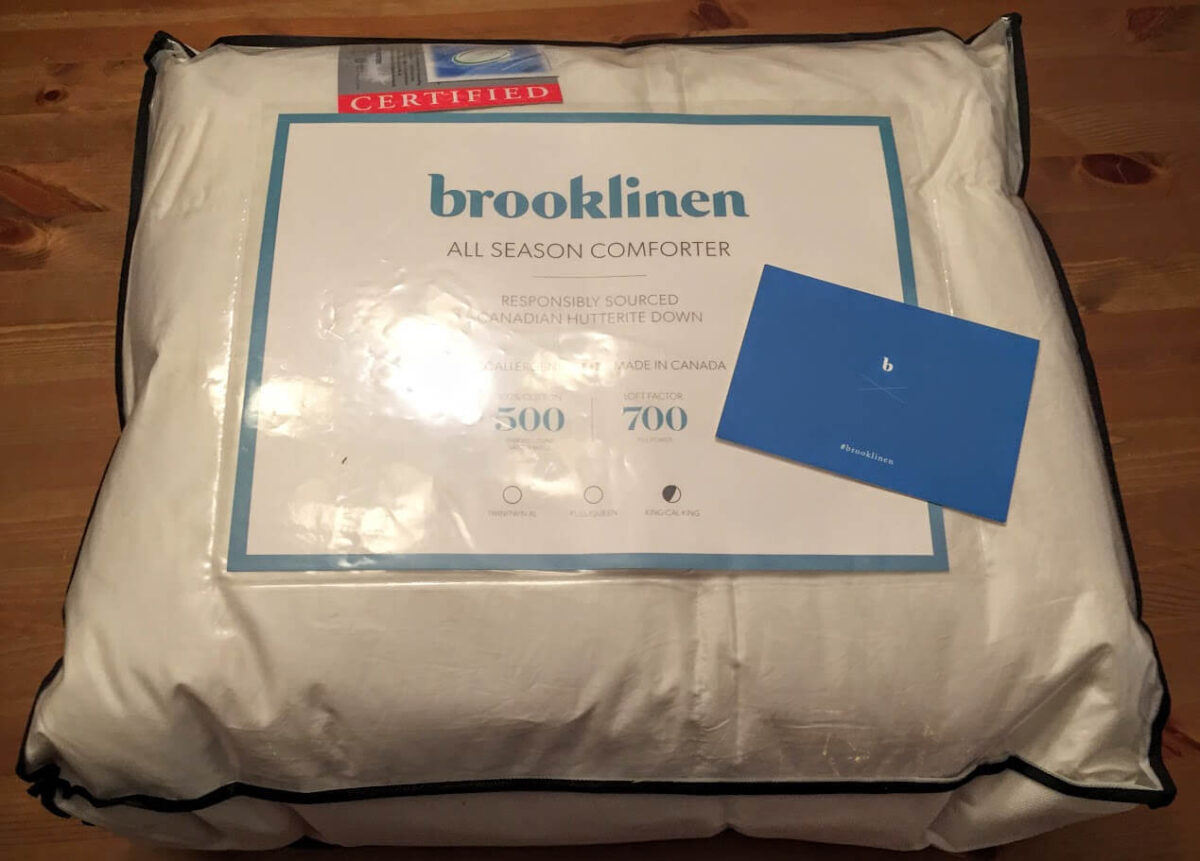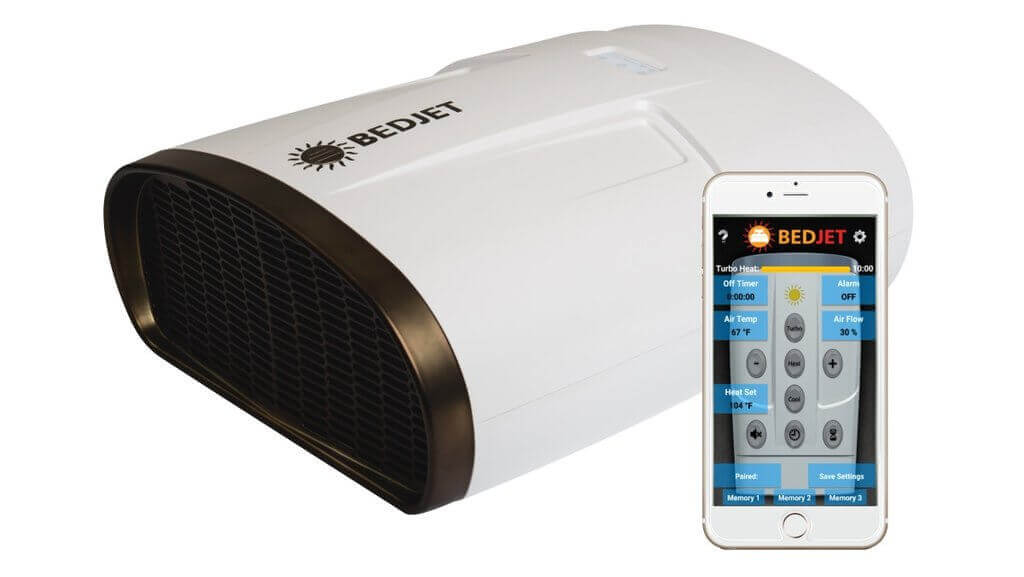Beginner’s Guide to Melatonin Safety for Dogs
Can Dogs Have Melatonin? Understanding Melatonin Safety for Dogs
Absolutely, dogs can take melatonin, and it can serve as a useful supplement when administered correctly. As a devoted pet parent, you may wonder about melatonin’s potential benefits and whether it is safe. Here’s an overview:
– Benefits: Melatonin can alleviate anxiety, assist with sleep disturbances, and even support certain skin conditions.
– Safety: Melatonin is generally considered safe; however, a toxic dosage has not been established.
– Consultation: Always consult your veterinarian before beginning any new supplement for your dog.
Melatonin is a naturally occurring hormone produced by the pineal gland, essential in regulating sleep-wake cycles. Increasingly, pet owners are exploring the potential of melatonin as a solution for various issues their dogs may face, such as anxiety and sleeplessness.
This guide aims to inform you about melatonin safety for dogs, highlighting beneficial effects and considerations for its use.
What is Melatonin?
Melatonin is a hormone primarily responsible for regulating sleep patterns. It is produced by the pineal gland and is triggered by darkness, signaling the body that it’s time to rest. One of its roles is to help maintain a consistent sleep-wake cycle, which is crucial for both humans and dogs.
How Melatonin Works
Light and dark conditions influence melatonin production. When darkness falls, melatonin levels rise, helping to induce sleep. During daylight, its production decreases, prompting the body to wake up.
Functions of Melatonin
1. Regulates Sleep-Wake Cycles: Melatonin aids in maintaining a regular sleep schedule by signaling when it’s time to rest and wake.
2. Mood Regulation: Improved sleep can enhance your dog’s mood, lessening irritability and promoting overall well-being.
3. Reproductive Cycles: In some animals, melatonin also influences reproductive cycles, although this is less relevant for household pets.
Understanding the role of melatonin allows you to appreciate its significance in promoting not just better sleep but also mental health in your dog.
Why It’s Important
Given the essential functions of melatonin, it has gained recognition as a remedy for various canine problems, including anxiety, sleep disorders, and certain skin issues. Always seek veterinary advice before introducing melatonin to your dog’s routine, as it can make a considerable difference in their quality of life.
The Benefits of Melatonin for Dogs
Anxiety Relief
Melatonin can effectively reduce anxiety, especially in stressful situations such as thunderstorms, fireworks, or visits to the veterinarian. Administering melatonin 1-2 hours before a known stressor might significantly ease your dog’s discomfort, aiding in their overall mental health.
Improvement in Sleep Disorders
Much like humans, dogs can experience irregular sleep patterns. Melatonin helps contribute to healthier sleep-wake cycles, particularly useful for older dogs or those experiencing cognitive dysfunction.
Support for Hair Loss
Research suggests melatonin may help with certain types of hair loss, such as alopecia X. It can stimulate the hair cycle, but as always, check with your veterinarian prior to initiating treatment.
Aid in Autoimmune Conditions
Anecdotal evidence supports the use of melatonin for conditions like immune-mediated thrombocytopenia, which affects blood clotting. Consultation with a veterinarian is essential before pursuing this option.
Managing Cushing’s Disease and Epilepsy
Preliminary studies indicate melatonin could assist in alleviating symptoms of Cushing’s Disease and epilepsy in dogs, emphasizing the importance of a tailored treatment plan from your vet.
Melatonin Dosage for Dogs
Determining the correct dosage of melatonin for your dog hinges on their weight and specific condition. Here are general guidelines:
| Dog’s Weight | Recommended Dosage |
|————–|——————–|
| Less than 10 lbs | 1 mg |
| 10-25 lbs | 1.5 mg |
| 26-100 lbs | 3 mg |
| Over 100 lbs | 3-6 mg |
Always consult with your veterinarian to determine the most accurate dosage for your dog’s needs.
Consultation with a Veterinarian
Before you administer melatonin to your dog, a professional consultation is crucial for several reasons:
– Identifying the right dosage based on your dog’s specific needs.
– Evaluating potential drug interactions, especially if your dog is on medication.
– Monitoring your dog’s reaction to the supplement for ongoing adjustments.
How to Safely Administer Melatonin to Dogs
Selecting the right product is key when introducing melatonin to your dog’s diet. Melatonin is available in several forms:
1. Tablets and Capsules: These are often the most consistent in dosage.
2. Liquid: A great option for dogs that resist pills; can be mixed with food or given directly.
3. Gummies: Generally not recommended due to the risk of xylitol, a harmful ingredient for dogs. Always choose dog-specific formulations.
Ensuring Quality
Due to the lack of strict regulations on supplements, quality can differ widely. Look for products that are:
– Third-Party Tested: Verifying safety and effectiveness.
– USP Verified: Trustworthy products that meet stringent quality standards.
Dog-Specific Products
Opt for melatonin products formulated specifically for dogs that avoid harmful additives. Quality options include:
– NaturVet Quiet Moments Calming Aid: Soft chews containing melatonin and calming herbs.
– K9Select 3mg Melatonin for Dogs: Beef-flavored tablets for various concerns.
– Zesty Paws Calming Soft Chews: These combine melatonin with ashwagandha.
– Pet Wellbeing Melatonin for Dogs: Bacon-flavored drops, easy to administer.
Review ingredient labels for safety and unnecessary additives.
Potential Side Effects and Interactions
While generally safe, melatonin can cause side effects, including:
– Dizziness: Unsteadiness or trouble walking.
– Nausea: Signs include drooling or decreased appetite.
– Excessive Tiredness: Your dog may seem sleepier than usual.
Conclusion
In summary, melatonin can be a safe and effective addition to your dog’s health regimen when used correctly. Its benefits extend beyond mere sleep improvement, assisting with anxiety, skin conditions, and certain medical issues. Consultation with your veterinarian is vital to ascertain the right dosage and ensure there are no adverse interactions with other medications.
Always select high-quality, dog-specific melatonin products to minimize risks. Educated usage empowers you to enhance your dog’s well-being and happiness. For every initial step you take, remember: your veterinarian is your best guide in navigating these health decisions. By focusing on safe practices, you can confidently support your furry friend’s health with melatonin.



















